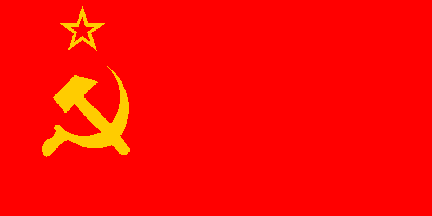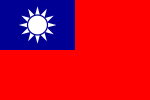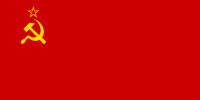UNSC: Mandatory Arms Embargo on the Nigerian Civil War
Posted: 03:30:12 Tuesday, 19 July, 2016

Arthur Joseph Goldberg
Permanent Representative of the United States of America to the United Nations
In a lengthy series of negotiations, a joint Anglo-American mission to end the fighting has come upon a crucial first step - the cessation of fighting. With an end to the bloodshed, and the future of peaceful and prosperous development in the region at hand, the calm silence of armistice now spreads. And in that quietude, there is yet the hope that the guns shall never take up their violent cacophony again, and the death and destruction sown will end. We in the international community must do our utmost to preserve this hope. We owe it to the people of Nigeria - whatever creed or faith they may be - and to the people of the world.
It is to this end that the United States proposes the following resolution, with the aim of imposing a mandatory arms embargo on the conflict zone until peace has been secured. This will ensure that the exacerbation and escalation of the fighting is at its end, and that this ceasefire will not be a brief respite for both sides to restock their armouries, but a genuine end to the fighting.
We call upon the Security Council to approve this resolution.
The Security Council,
Recognising the dangers inherent in the continued military build up occurring in the Nigerian Civil War,
Further recognising the need for measures to be taken in order to bring about a cessation of the fighting,
Strongly encouraging a peaceful resolution to the fighting with respect for minimising human suffering and loss of life,
Considering the ceasefire presently negotiated as a vital step in this process that should not be disturbed,
Convinced of a need for a mandatory arms embargo on nations involved in this conflict for the duration of the fighting until peaceful resolution is attained,
1. Determines that acquisition of further arms by either side is a threat to the fragile peace process as it has begun.
2. Decides all states shall cease forthwith any provision to either side of arms and related materiel of all kinds, including the sale or transfer of weapons, ammunition, military vehicles and equipment, paramilitary police equipment, and spare parts for the aforementioned, and shall cease as well the provision of all types of equipment and supplies and grants of licensing arrangements for the manufacture or maintenance of the aforementioned.
3. Calls upon all states to review, having regard to objectives of this resolution, all existing contractual arrangements and licences granted for the manufacture and maintenance of arms, ammunition of all types and military equipment and vehicles, with a view to terminating them.
4. Further decides all states shall refrain from any attempts to derail the peace process, and that should said process break down or a separate armed conflict arise involving Nigeria, then this embargo shall be voided.
5. Calls upon all states, including non-members of the United Nations, to act strictly in accordance with these provisions.





